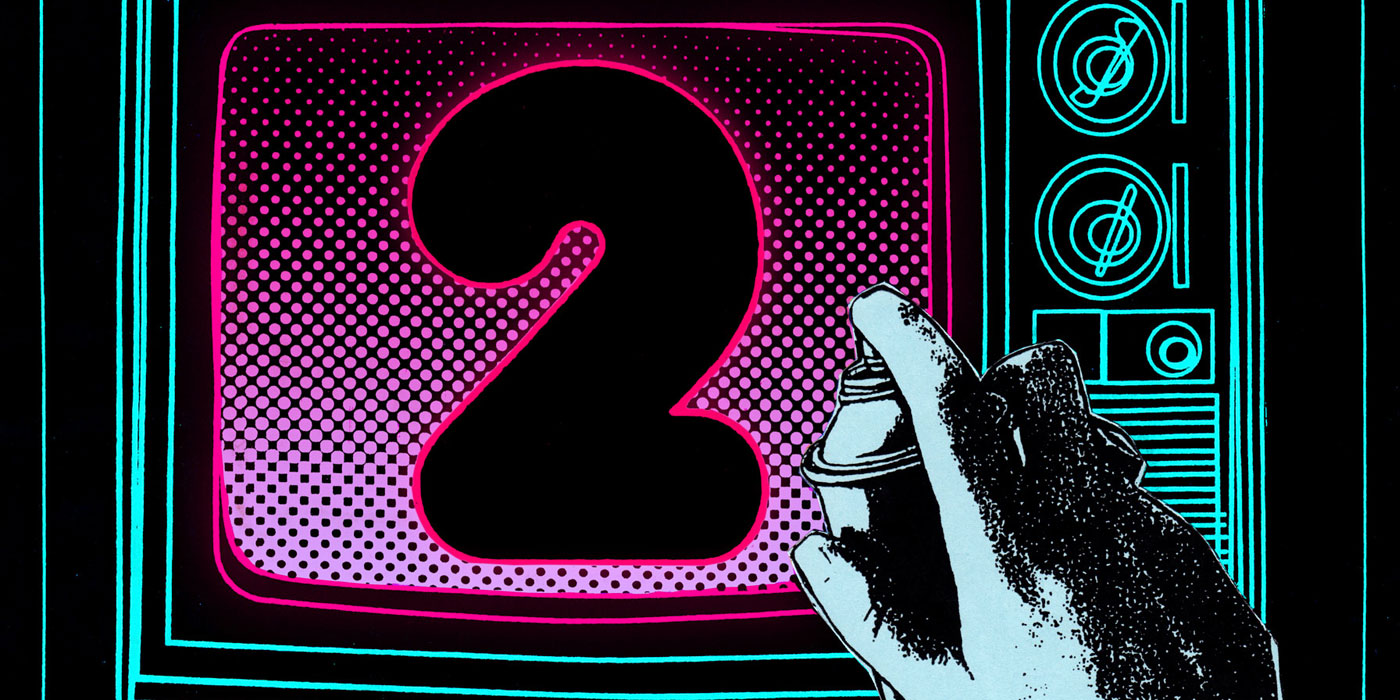This band, its producer, and the label it’s currently affiliated with seem to be willfully stuck in a very particular place of musical history that only recently has been waking out of dormancy. Hailing from Montreal, now based in Portland, multi-talented musician and producer Johnny Jewel is a member of three bands that each take a slightly different approach to ’80s darkwave and italo-disco. Together with labelmates Glass Candy and Desire, Italians Do It Better has been forging a new audience for the dreamy, stripped down electronic ballads reminiscent of Joy Division and the like. After garnering popularity with their involvement in the original soundtrack to the 2011 film Drive, as well as its critically-acclaimed Kill for Love LP, Chromatics are back with a new single off their label’s forthcoming collaborative compilation After Dark II.
“Cherry” is a great example of the essential components of Chromatics’ formula. A simple hypnotic drum pattern accompanied by an assortment of filtered echoing synth leads, shimmering guitars, and simple production all come together with Ruth Radelet’s vocals to throw an audience into a musical trance of sorts. Gloom and melancholy are also nothing new to Chromatics’ lyrical profile, and with lines like “I hate it’s true but you make me blue,” it’s obvious that this break-up song is not afraid to hit the listener right in the repressed memories.
Following a series of changes to its lineup after its original inception in 2001, Chromatics found itself working with quite a different musical palate once its current lineup was finally established in 2005. Initially working within the Portland punk scene, it found a new home and a new sound after joining their current label in 2007. Italians Do It Better has become a shining example of the shifting roles of record labels in today’s fractured music industry, which has forced bands and their labels to reevaluate their relationship with one another. Working from a business standpoint as well as taking an increasingly active role in the creative process of its artists, the label’s catalog of music is not only prolific but also collaborative. With albums such as Themes for an Imaginary Film, which feature contributions from various artists on the label, as well as this single’s upcoming compilation-oriented record, bands like Chromatics are finding success through innovative cooperation and a fresh take on an old genre. [spacer height=”20px”]



